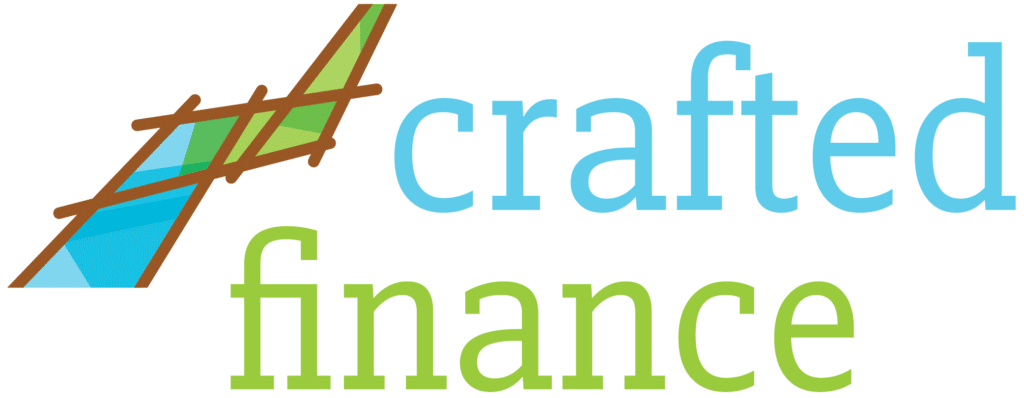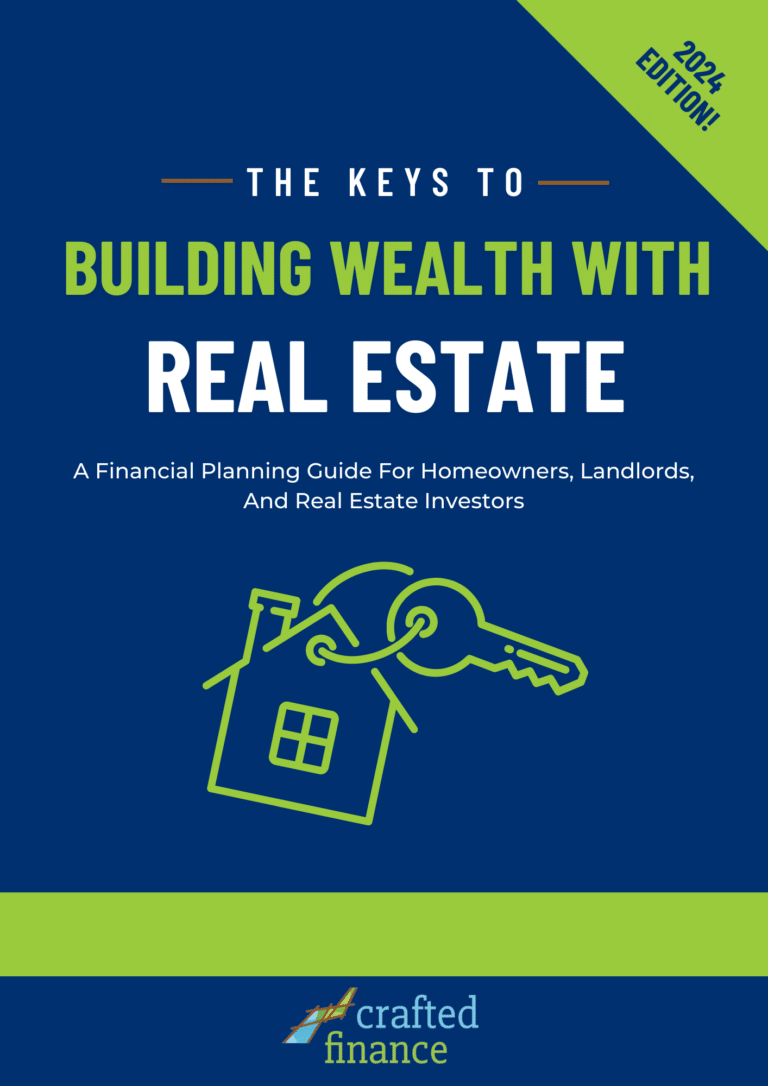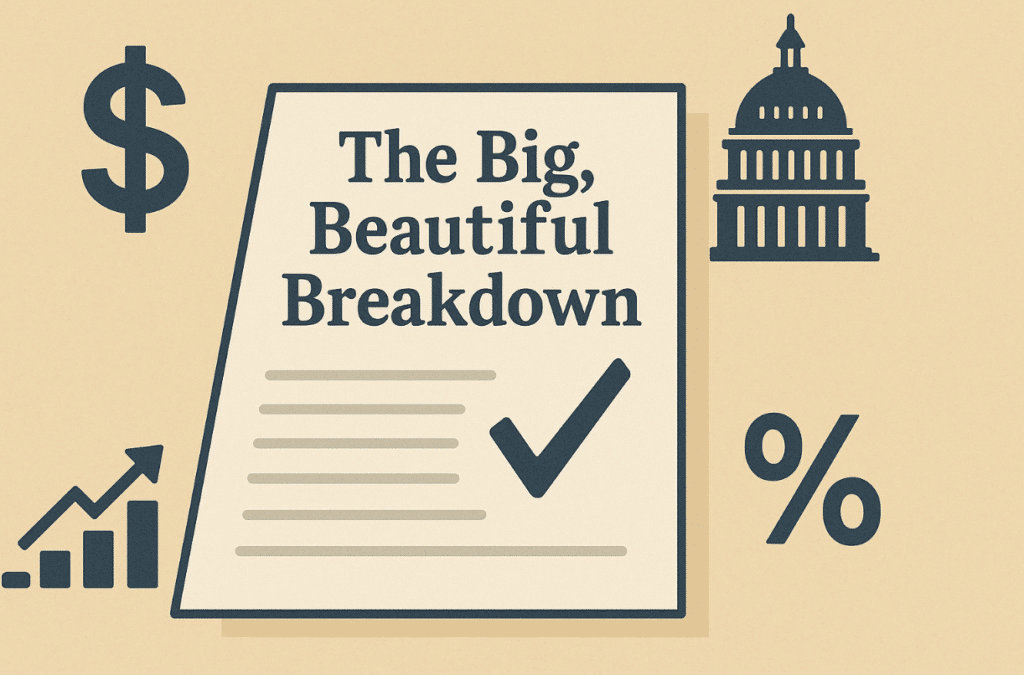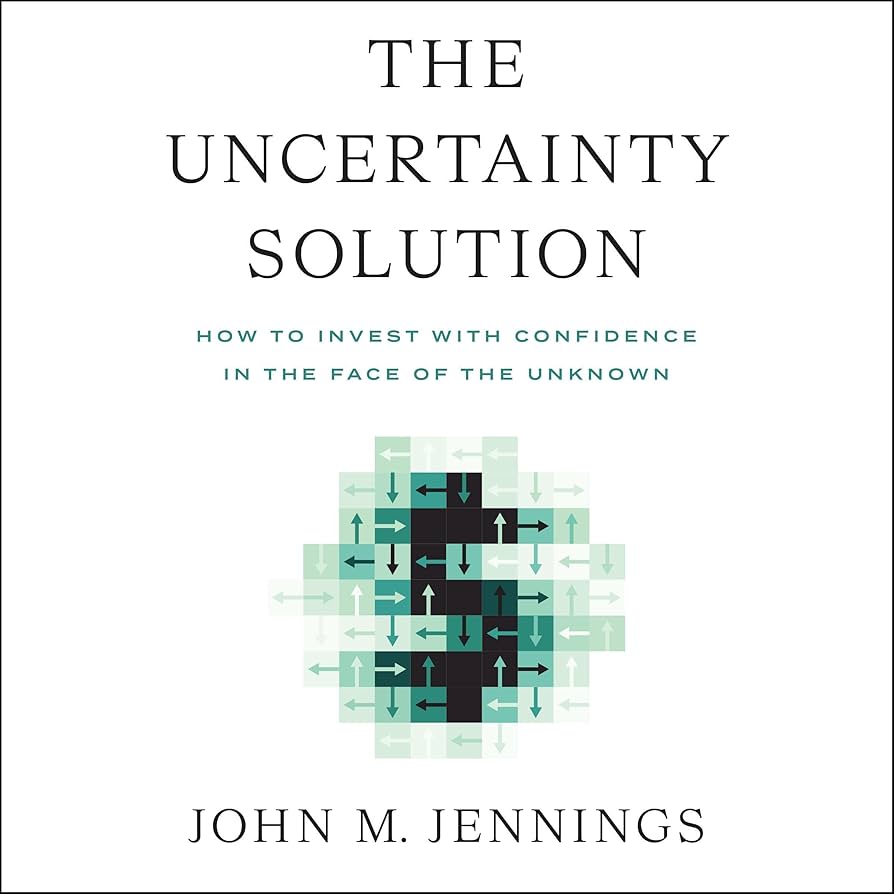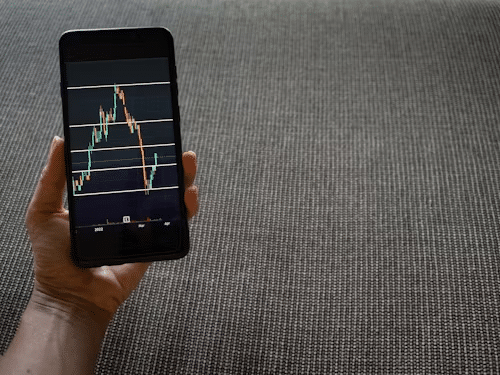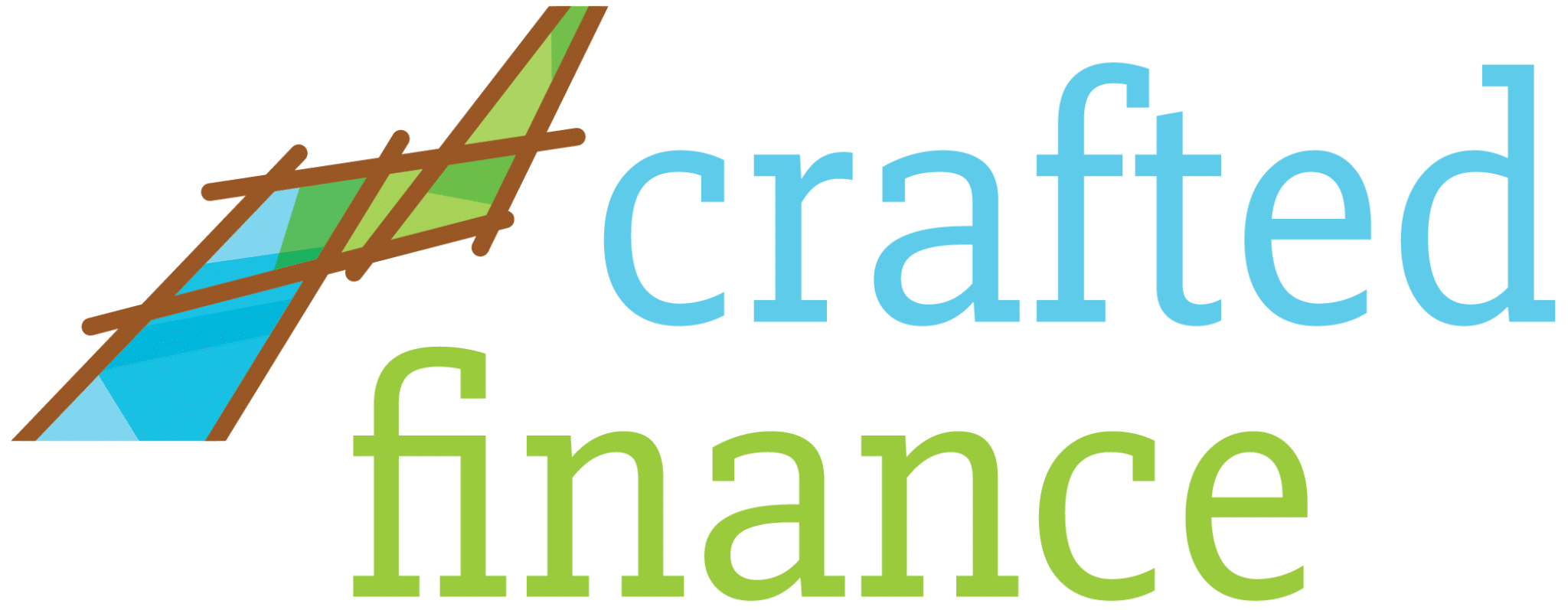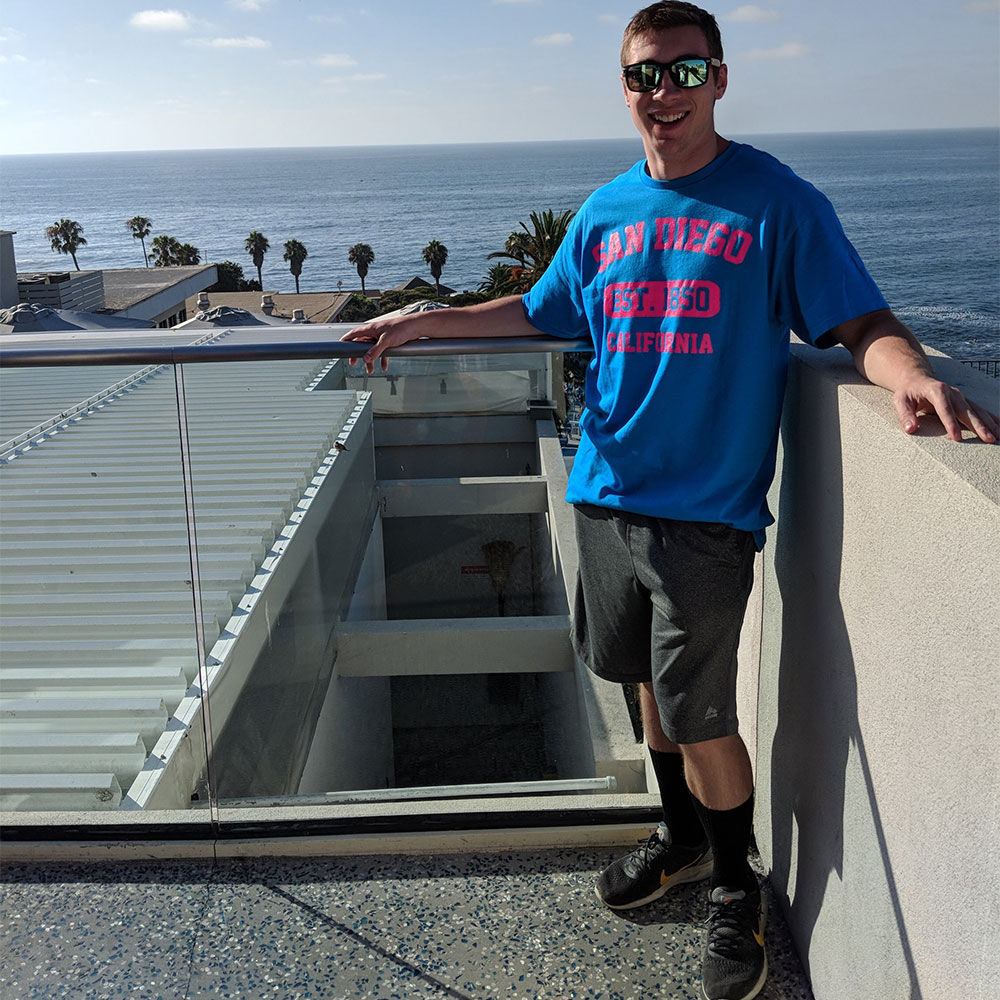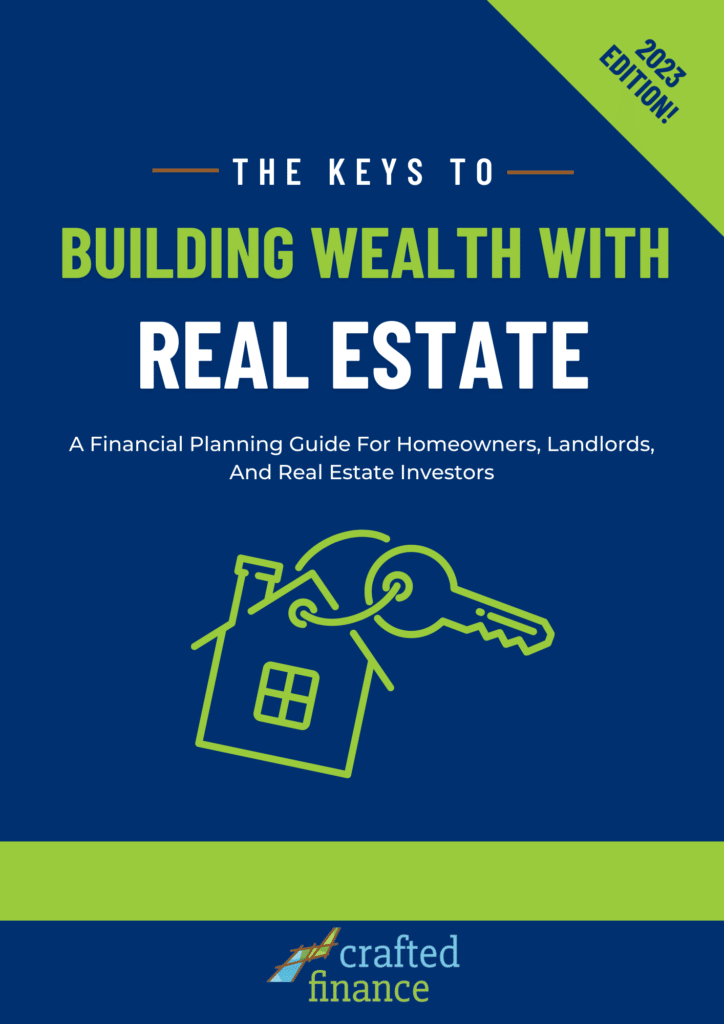Great Recession PTSD is real, and it should be. Back in 2008, we saw a market correction devastate the world economy. People lost their jobs, homes, and life savings. And factors like the unemployment rate and real household median income took nearly a decade to recover.1
Suffice it to say, the Great Recession seriously sucked. And signs we’re charting for similar waters should come with trigger warnings. But before we go off the deep end emotionally, let’s take a step back and double up on our dosage of perspective.
In this article, we’re going to focus on what’s happening in real estate. Afterall, the fall of the housing market served as the domino that set the Great Recession in 2008 in motion. And seeing it rise again (especially when facing high inflation) is alarming to say the least. So together we’ll review what happened then, what’s happening now, and the actions you can take.
The Great Recession’s Housing Bubble
When you hear the word “greed,” what comes to mind' Maybe it’s an institution like Wall Street. Or maybe it’s a name like Madoff or Gekko. Nevertheless, during the Great Recession in 2008, you would have found the stereotype of soulless suits and corporations to be pretty accurate.
Banks gave loans to people who couldn’t afford them, so people bought homes way out of their budget.2 And as subprime mortgage demand rose, investment firms started selling low premium mortgage backed securities.2 These securities consisted of these risky subprime mortgages, but were sold as insured investments and rated as low-risk by ratings agencies.2
This vicious combination of corporate greed and consumer ignorance quickly led to a real estate bubble. And for a while, it seemed that the housing market would soar indefinitely. But of course, it all came crashing down. That’s because in 2007, people began defaulting on their mortgage payments.3
What ensued after was a perfect storm of repercussions. Banks took massive losses, houses couldn’t get resold, major financial firms failed, investors panicked, and massive sell offs tanked the entire market.
The Current Housing Situation
The real estate market is again now red hot. In 2021, we witnessed median home prices shoot up 16.9% from 2020.4 Now in 2022, the Federal National Mortgage Association (Fannie Mae) anticipates another surge of 11.2%.5
So what started this soar in the housing market' The answer might make you sick to your stomach, but that’s not because it’s corrupt. It’s because it’s COVID-19. That’s right! The pandemic actually spurred some economic activity.
The Coronavirus created a situation where many people were working from home, spending less, and saving more. What resulted were high personal savings rates and booms in demand for upgraded or brand new houses. However, the pandemic also created supply chain issues.
It wasn’t just high demand driving up the housing market, it was also supply’s inability to meet it. The labor and materials required for home building and remodeling projects were quickly exhausted. And the perceived trends of scarcity also played a role in driving up home prices.
How Are They Different?
A major difference between the two situations rests in their underlying cause. The current hot housing market was largely brought on by an external force – the pandemic. But the market in the Great Recession came largely from an internal force – corruption.
Now don’t get me wrong, I’m NOT saying there’s no corruption. I mean, there’s a mad Russian causing sky-high death tolls and gas prices at this very moment. But that’s still a departure from the corruption we saw during the Great Recession. Since then, numerous financial safeguards have been put in place to prevent something like it from happening again.
Another major difference comes in the form of awareness. Housing market aside, the U.S. economy hasn’t been doing so well. Inflation is soaring and likely to continue. And worries of recession, crashes, and even stagflation are in the air. The point is, people have their guard up.
And while mass paranoia isn’t a good thing, neither is mass ignorance. Because that’s exactly what happened during the Great Recession. The economy was booming, but homebuyers and investors were ignorant of the risks of subprime mortgages. Now homeowners are making payments on time and have more savings. But the economy is still slowing, and everyone is terrified of how the housing market could impact everything else.
What Happens Next?
Is the housing market going to crash' The fear in us wants to be prepared. But the truth is, we don’t know. If anyone tells you otherwise they’re lying, or they know magic – which is just lying with wands. That being said, we can still look at present and past data to guide our decision making moving forward.
Right now, real estate industry experts are still calling for a strong seller’s market in 2022. Additionally, construction experts expect trends of labor and material shortages to continue into the foreseeable future. Should these hold true, it’s quite possible the housing market will stay on an upward trend in price going into 2023.
On the other hand, just like the pandemic, external forces can come along suddenly, and crush the market. It’d be foolish to think home prices can trend this aggressively indefinitely. That’s what the Great Recession taught us! We know it will end eventually. We’re just not sure of when, or how severely things will change.
What we are sure of though is that the present increase of prices isn’t owed to the same factors as the Great Recession. Things could still drastically change, but it’s far from certain that we’re on the brink of the next major market correction. Still, it’s best to be prepared. So in my professional opinion, I’d only advise buying a property in the present market if you plan on holding it for a while. And for those just looking to sell, I’d say, let’s start strategizing.
How Crafted Finance Can Help
We understand how scary it can be to see home prices rise alongside talks of recession. But as real estate experts, we’re able to help educate our clients on crucial differences, and keep things in perspective.
Furthermore, we regularly handle homebuying, rental properties, and other real estate investment strategies. If present market conditions have you feeling uneasy, we can talk it through together, and devise a solution that works for you.
At Crafted Finance, we form consultative relationships with our clients, which allows for ongoing conversations and adaptations to market changes. And we’re experienced in navigating those we serve through turbulent times like these. Feel free to book a complimentary consultation or reach out to us at 650-336-0598. Talk to you soon!

